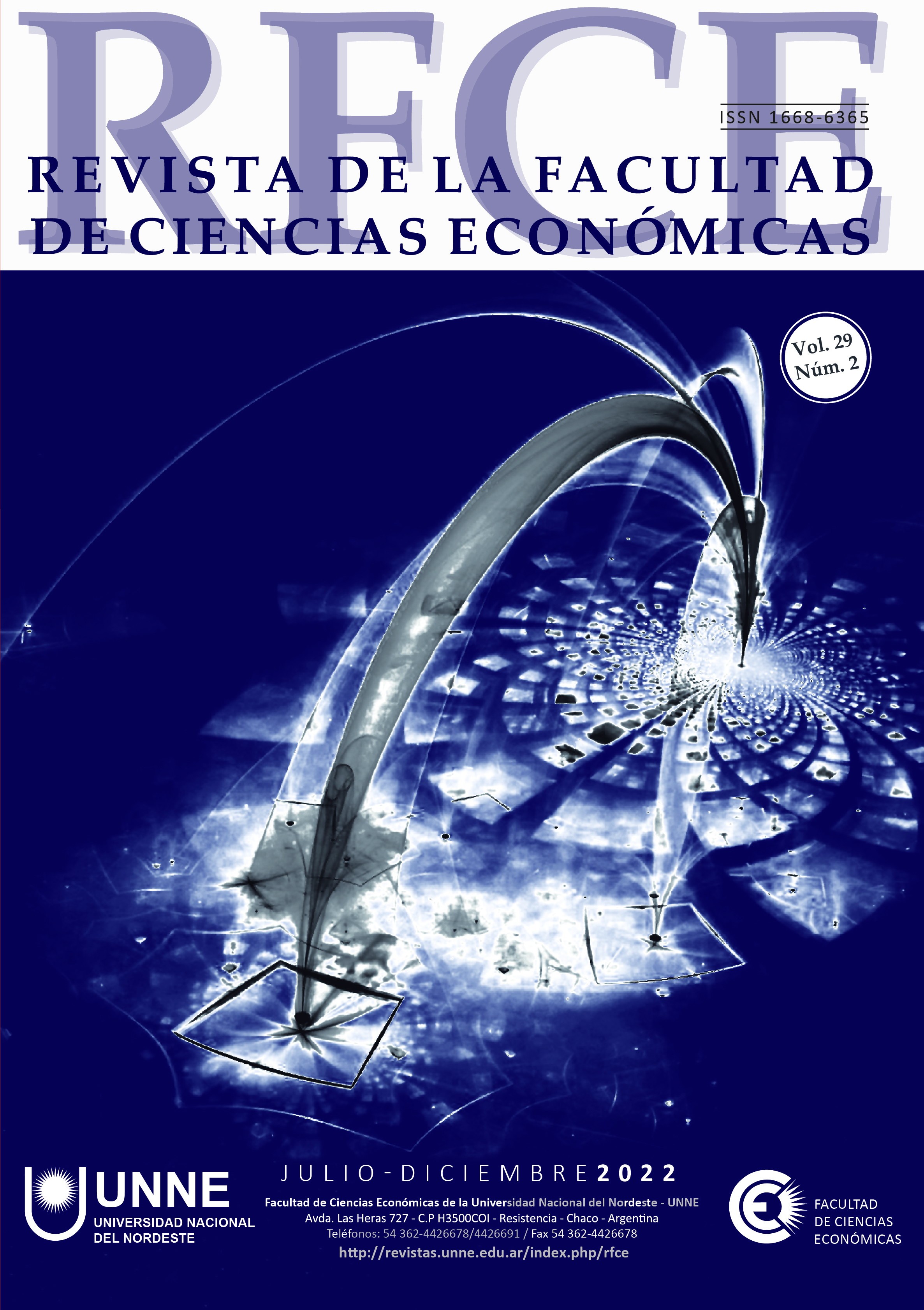Meanings of professional practices in university training. The case of the contador público (UNNE)
DOI:
https://doi.org/10.30972/rfce.2926288Keywords:
Curriculum, Practicum, ProfessionalizationAbstract
This article deals with the formative meanings with which the professional practices foreseen for the career Contador Público of Universidad Nacional del Nordeste are configured. Within the framework of the accreditation process of the career and review of its study plan, the “Práctica Profesional Supervisada” (PPS) are incorporated as mandatory spaces. The internship proposal and this type of specific curricular spaces has been proposed as an "innovation" that improves and integrates the training and professionalization of future graduates. This scenario is problematized by the complexity of the configuration of these new areas, and the meanings with which academic training and the knowledge that it involves, complement and integrate with those of professional performance. In this regard, we wonder about how the perspectives and foundations that guide its incorporation, manage to translate into the devices and modalities of PPS and in the programs of the subjects. To address it, we resort to the documentary review (study plan; PPS regulations; subject programs; Consejo de Decanos de Ciencias Económicas -CODECE- documents) from which dimensions that account for the epistemological, institutional and curricular senses that underpin the PPS are analyzed. The analysis carried out suggests that, although its inclusion aims to create spaces with a certain innovation -integration, transversal, guided, reflective-, what is projected reflects a rather traditional sense, linked to technical rationality for the application of content.Downloads
Published
How to Cite
Issue
Section
License
La Revista de la Facultad de Ciencias Económicas solicita sin excepción a los autores una declaración de originalidad de sus trabajos, esperando de este modo su adhesión a normas básicas de ética del trabajo intelectual.
La Revista de la Facultad de Ciencias Económicas de la Universidad Nacional del Nordeste, Argentina, declara e informa que no se aplica a los autores ningún cargo ni costo, por la publicación de los artículos. La distribución y acceso, son de carácter libre y gratuito.
Este obra está bajo una licencia una licencia de Creative Commons Reconocimiento-NoComercial-SinObraDerivada 4.0 Internacional.





